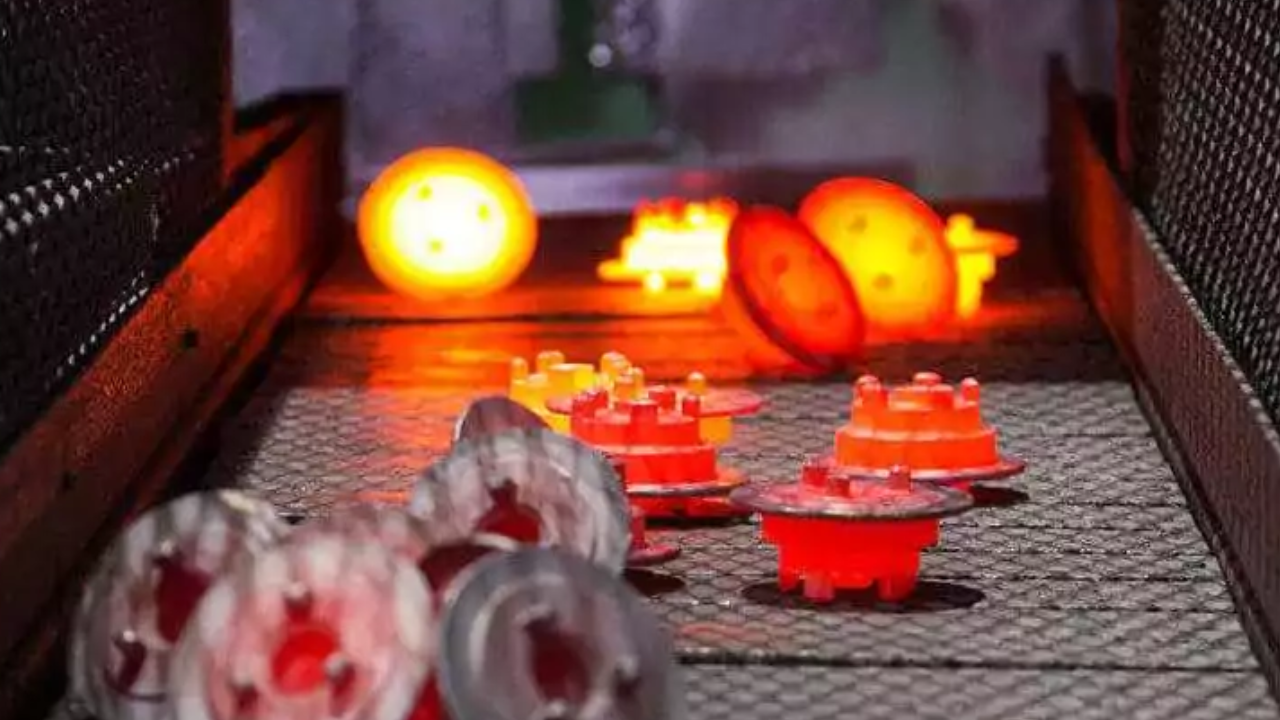The process of shaping metal with dies and hammers through localized compressive forces is known as custom forging. It involves hammering or pressing the metal into the desired shape and dimensions after heating it to a temperature that makes it malleable. The material's strength and durability are enhanced by this method's precise grain structure manipulation.
Custom forging is desired for growing complex shapes and components that require excessive power-to-weight ratios, along with aircraft components, automobile elements, and industrial gear. custom forging It offers advanced mechanical properties in comparison to solid elements, making it perfect for programs where reliability and overall performance underneath stress are critical.
Considerations When Choosing Custom Forging
While deciding on custom forging, numerous factors need to be carefully considered to ensure the final product meets the requirements and plays as anticipated. Right here are some key factors to consider
Choice of Material
While choosing materials for custom forging, prioritize properties like strength, hardness, corrosion resistance, and heat resistance. Keep in mind how distinct materials carry out the below forging strategies to obtain the desired mechanical characteristics and durability within the very final product. Balancing these elements ensures the material selected meets functional requirements and enhances its usual overall performance and toughness.
Design Requirements
Design requirements for custom forging encompass dimensions, tolerances, geometric complexity, and specific features vital for the component's capability. Surface end specifications and any secondary operations, consisting of machining or heat treatment, should also align with the design. Making sure those elements meet overall performance desires ensures the forging plays as intended in its utility.
Forging Process
The selection of the forging method, whether open-die forging, closed-die forging, or any other technique, depends on elements like component complexity, material properties, production quantity, and required dimensional accuracy. Every process offers specific advantages in terms of form complexity, material utilization, cost-effectiveness, and mechanical properties, influencing the overall suitability and efficiency of the forging production.
Supplier Capabilities
Supplier capabilities are vital when choosing a custom forging partner. Check information in forging procedures, material management, and excellent management. Consider system capabilities, adherence to industry requirements, and tune reports for turning in on time and inside budget. Verify their ability to provide help all through the task lifecycle, from initial design consultation to very last manufacturing, Ensuring they meet your precise requirements and quality expectancies.
Mechanical Properties
Mechanical properties are vital in custom forging encompass tensile energy, which denotes most pressure earlier than breaking yield electricity, indicating deformation onset hardness for put-on resistance, impact resistance in opposition to surprising hundreds, and fatigue resistance for durability. The selection of the forging method and material profoundly impacts these properties, ensuring the component meets performance requirements efficiently.
Cost Considerations
Cost considerations in custom forging embody material choice, forging procedure complexity, secondary operations like machining and heat treatment, manufacturing extent efficiencies, and adherence to quality standards. Balancing those elements optimally ensures competitive pricing while also meeting performance necessities and preserving manufacturing timelines.
Superiority and Ethics
Whilst choosing a custom forging, prioritize providers with certifications like ISO 9001 and enterprise-particular requirements such as AS9100 for aerospace. Ensure they maintain rigorous first-class control through material traceability, dimensional accuracy, and mechanical property checking out.
Summary
Deciding on custom forging entails careful consideration of material choice, layout necessities, forging techniques, manufacturing extent, mechanical residences, and cost considerations. Each factor performs an essential function in ensuring the very final product meets overall performance requirements efficiently and successfully. By balancing these elements effectively, manufacturers can gain tremendous forgings that meet the particular needs of their applications.


